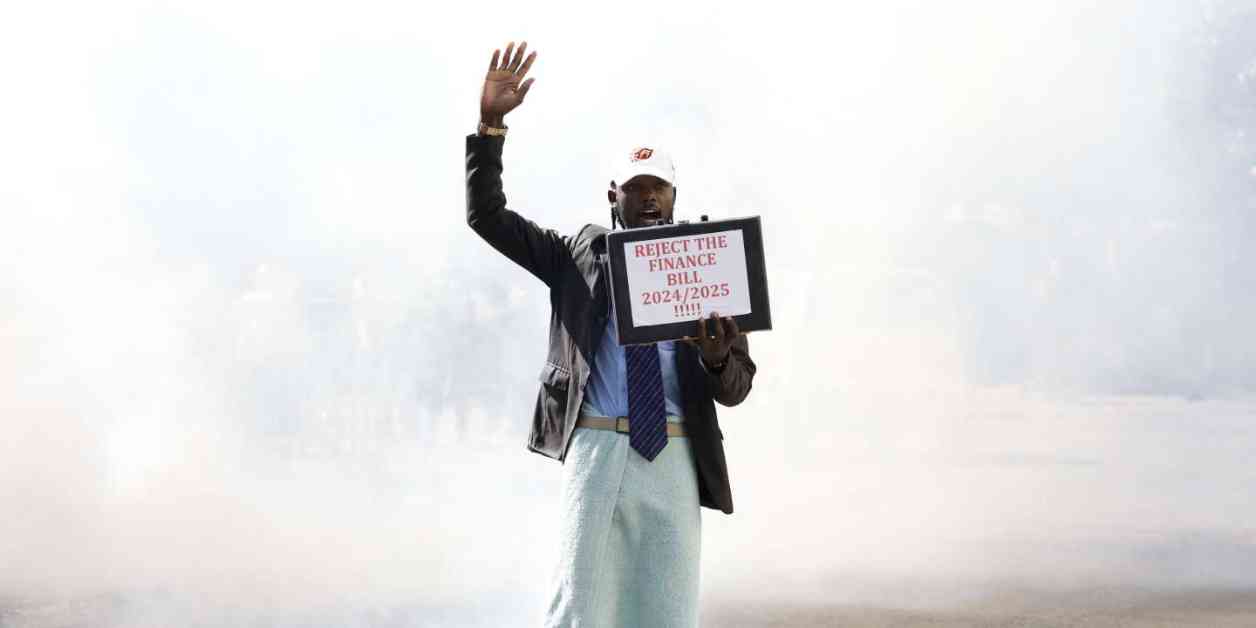The International Monetary Fund (IMF) and World Bank, established in 1944, have been criticized for giving too much power to Western countries, while economies like China, India, and Brazil have grown in influence in recent decades.
Protests have erupted in various countries, including Kenya, Egypt, and Nigeria, against austerity measures imposed by these institutions. The anger directed at the IMF in Kenya is reminiscent of the protests in the 1980s and 1990s in countries like Indonesia, Yemen, Argentina, and Morocco. Despite abandoning some liberal principles, such as financial deregulation and privatization, the IMF is facing challenges in addressing geopolitical, financial, and climate-related crises.
Economist Daniel Bradlow from the University of Pretoria points out that the IMF, with limited financial resources, is unable to provide substantial assistance to fragile countries, leading to stringent austerity measures. In 1944, the IMF’s budget represented 3% of the global GDP to stabilize the finances of forty-four member countries. However, with 191 members today, its resources only account for 1% of the global GDP.
Nand Kishore Singh and Lawrence H. Summers highlighted in a recent article that developing countries lost nearly $200 billion to private creditors in 2023 due to increased interest rates, overshadowing the financial support from international institutions. This has further exacerbated the financial challenges faced by these countries.
The limitations of the IMF and World Bank in providing adequate support to developing nations have raised concerns about the effectiveness of their current approaches. As calls for reform grow louder, it is crucial for these institutions to reassess their strategies and ensure a more equitable distribution of resources to address the evolving needs of the global economy.
In the midst of these challenges, the role of international institutions in promoting sustainable development and mitigating economic disparities remains crucial. Collaborative efforts between developed and developing nations are essential to create a more inclusive and resilient global financial system that can withstand future crises effectively.
As we reflect on the 80th anniversary of the IMF and World Bank, it is imperative to heed the calls from Southern countries for reforms that reflect the changing dynamics of the global economy. Only through proactive and inclusive measures can these institutions regain the trust and support of the nations they were created to serve.

